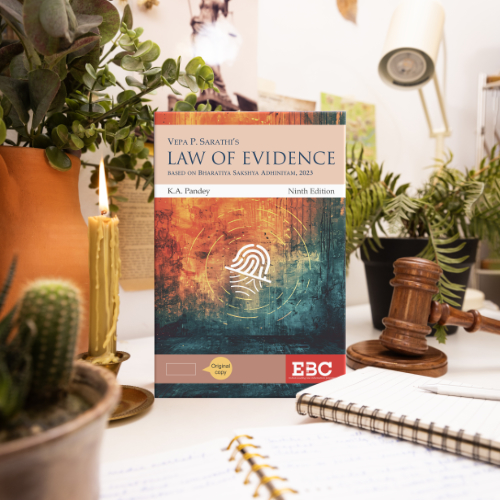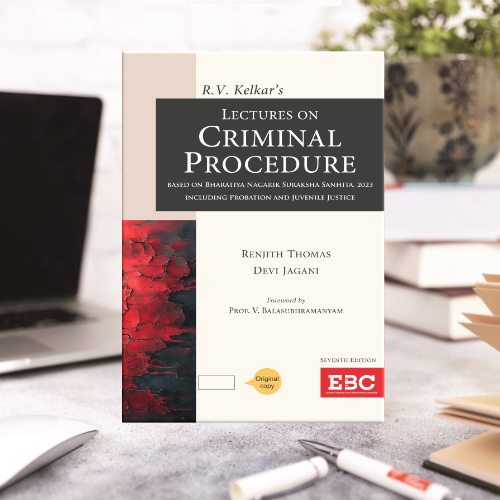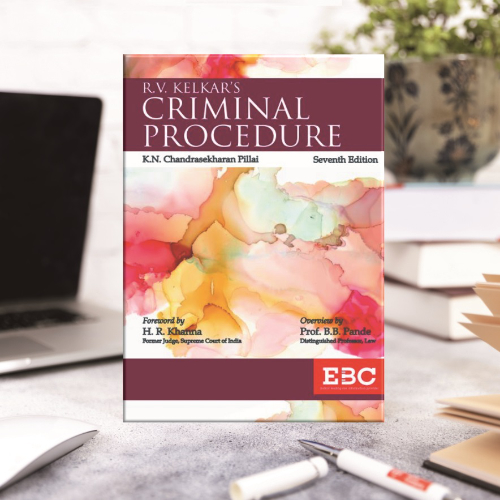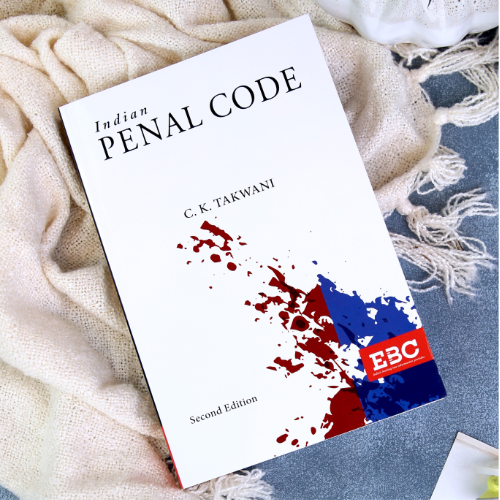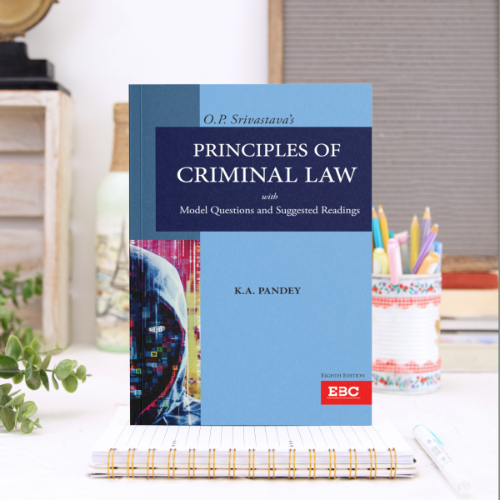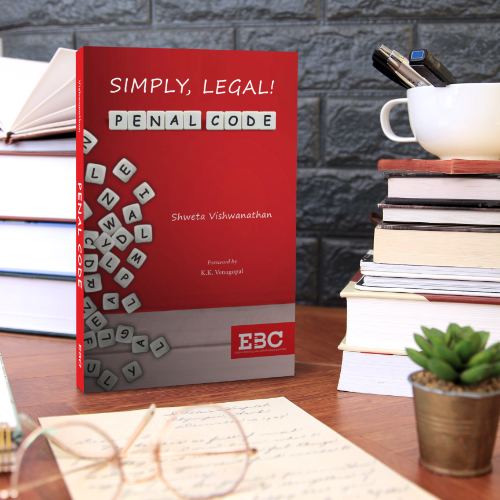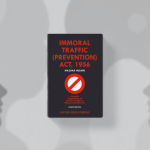
Understanding criminal law requires not just academic study, but a strong foundation built on authoritative texts. This curated list features eight essential textbooks that cover the core principles, case law, and evolving interpretations within the field. Whether you’re a law student, legal aspirant, or practitioner seeking a refresher, these books are indispensable to mastering criminal jurisprudence.
V. P. Sarathi’s Law of Evidence: Based on Bharatiya Sakshya Adhiniyam, 2023
V.P. Sarathi’s Law of Evidence offers a clear and comparative analysis of the Bharatiya Sakshya Adhiniyam, 2023, replacing the Indian Evidence Act, 1872. It highlights key reforms, especially in the treatment of electronic records as primary evidence and the modernisation of expert and forensic evidence. The book is updated till 30th May 2025 and balances academic depth with practical clarity. Ideal for students, lawyers, and judicial professionals.
R.V. Kelkar’s Lectures on Criminal Procedure: Based on Bharatiya Nagarik Suraksha Sanhita, 2023
The 7th edition of R.V. Kelkar’s Criminal Procedure is fully revised to align with the Bharatiya Nagarik Suraksha Sanhita, 2023, replacing the CrPC. It follows a structured, lecture-based format with updated case law, tech-driven reforms, and practical insights. Topic-wise clarity and end-of-lecture exercises enhance both understanding and exam readiness. Ideal for students, faculty, and legal professionals.
R V Kelkar’s Criminal Procedure
This classic text offers a logically sequenced, topic-wise study of criminal procedure, enriched with academic commentary and key judicial decisions. The latest edition includes updates from the Criminal Law (Amendment) Act, 2018 and landmark cases like Sriharan and Sushila Aggarwal. New features like “Probing the Problems” and “Suggested Readings” enhance classroom engagement and research. It encourages critical thinking on evolving issues in criminal procedural law.
General Principles of Criminal Law
Criminal Law: General Principles offers a critical and pedagogical approach to substantive criminal law, blending case law with theoretical analysis across jurisdictions. This third edition is restructured with topic-wise introductions, condensed judgments, and discussion-driven questions to enhance engagement. It encourages independent reasoning and a deeper understanding of criminal law beyond statutes. Ideal for LLB, LLM students, and legal educators seeking a scholarly yet accessible resource.
B.M. Gandhi’s Indian Penal Law
This thoroughly revised edition offers a comprehensive and contemporary commentary on criminal law, now titled Penal Law to reflect its broader, integrated approach. It covers major penal statutes alongside the IPC, includes insights from Law Commission reports, and discusses aggravated offences, victimology, and penology. With chapter-wise overviews and updated case law, it’s a vital resource for students, legal professionals, and law enforcement.
Indian Penal Code (IPC)
This revised edition offers a clear and analytical explanation of the IPC, incorporating key judgments and statutory changes, including the Criminal Law (Amendment) Act, 2018. It critically examines landmark Supreme Court rulings on rape, adultery, defamation, and more. With chapter-wise insights, quotes, and curated reading lists, it blends academic depth with practical utility. Ideal for students, lawyers, and legal scholars.
O P Srivastava’s Principles of Criminal Law
This classic text offers a comprehensive analysis of the foundational principles of criminal law, including stages of crime, joint liability, and general exceptions. Extensively revised by Prof. K.A. Pandey, the edition reflects recent developments, notably on constitutional morality. It includes updated case law, model Q&As, and curated readings. A valuable resource for students, aspirants, and legal professionals.
Simply, Legal! Penal Code
Part of EBC’s Simply, Legal! series, this book simplifies criminal law through conversational language and real-life examples. Covering everything from the elements of crime to offences against the state, it presents core IPC concepts in an engaging, accessible manner. Divided into 15 chapters, it’s ideal for beginners and also useful for legal professionals revisiting fundamentals. A perfect blend of clarity, curiosity, and legal insight.









